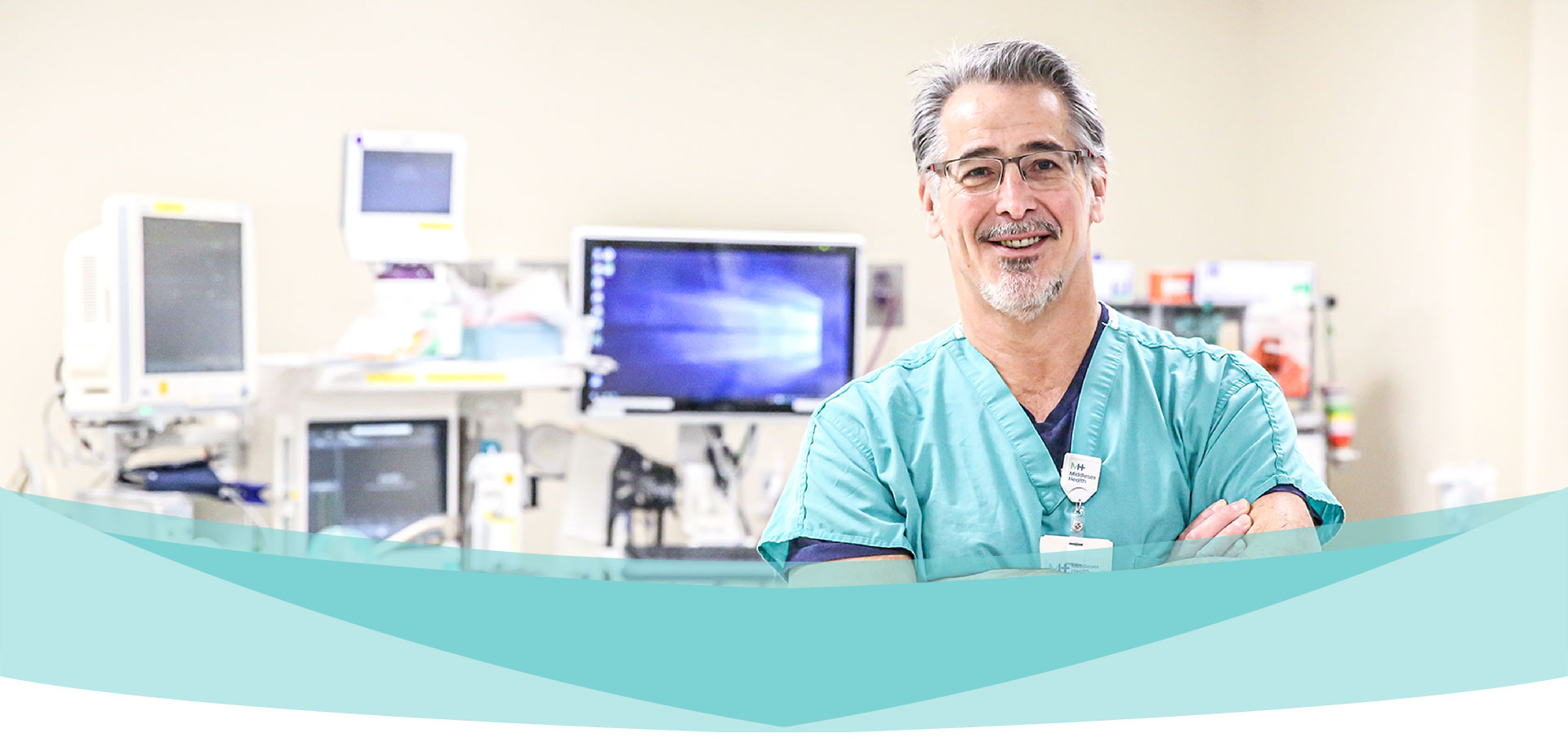
I cannot tell you the comfort it brought me knowing that you would be by my side the whole time. Thank you. - C.M.
I cannot tell you the comfort it brought me knowing that you would be by my side the whole time. Thank you. - C.M.
YOUR COMFORT AND SAFETY IS OUR PRIORITY
Regardless of what procedure you’re having done, your comfort and safety is our priority. Your anesthesia care team, which will be led by a physician anesthesiologist, will closely monitor your vital signs during your procedure to ensure your safety. Additionally, the anesthesia care plan developed will allow you to undergo and recover from your procedure as quickly and comfortably as possible.
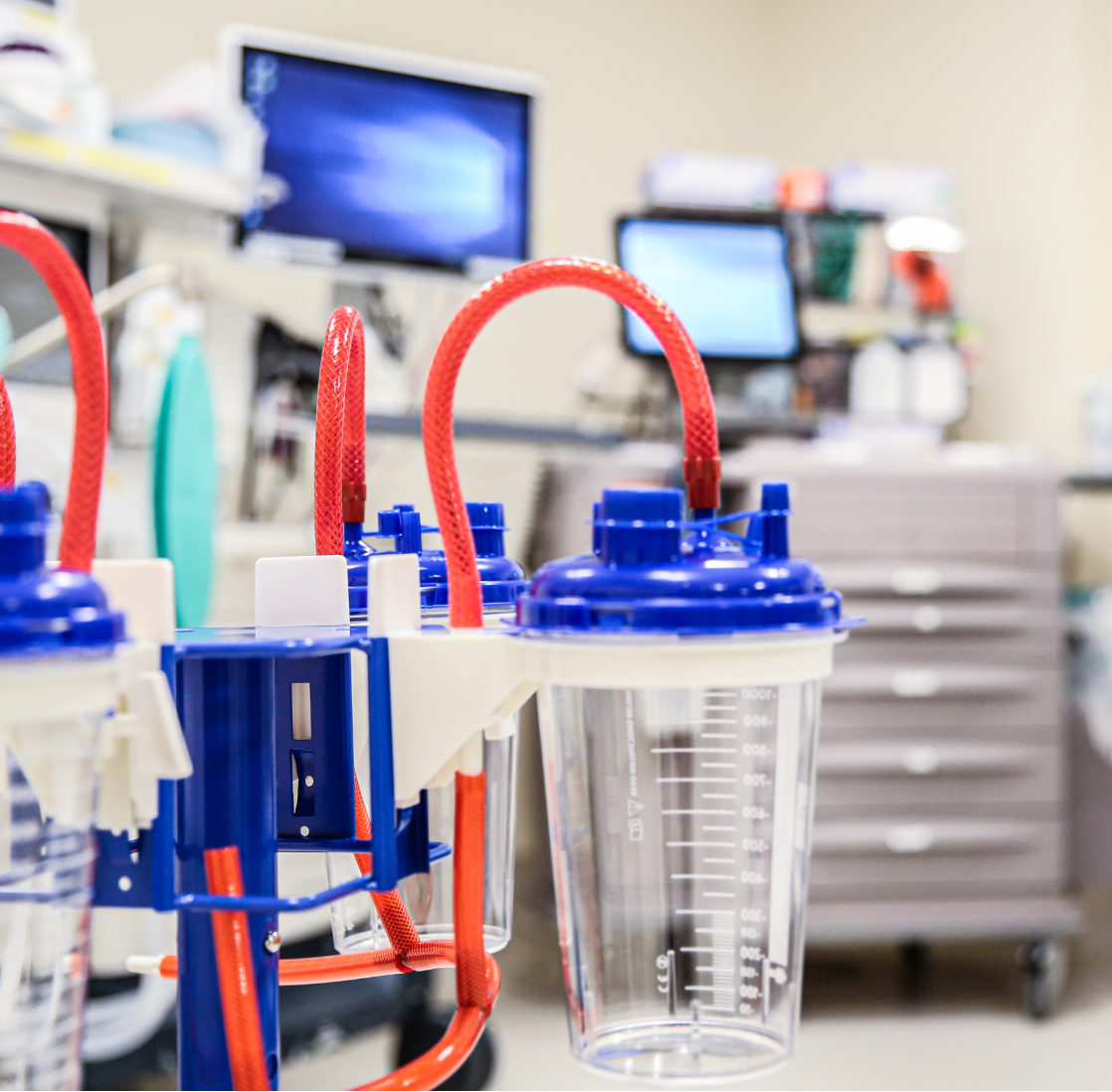
TYPES OF ANESTHESIA
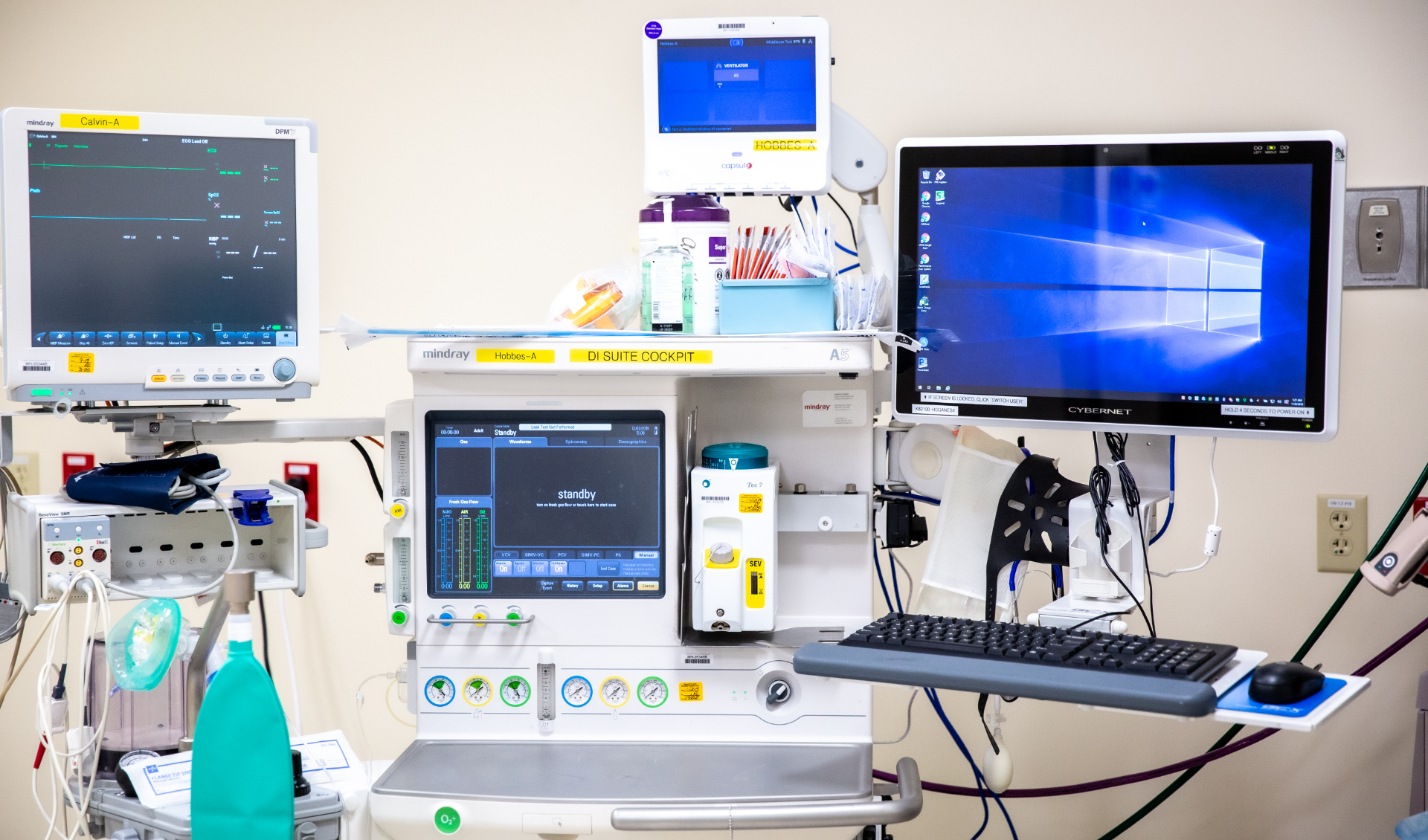
MONITORED ANESTHESIA OR IV SEDATION
IV sedation causes you to feel relaxed and can result in various levels of consciousness. Depending on the procedure, the level of sedation may range from minimal (making you drowsy but able to talk) to deep (meaning you won’t remember the procedure). This type of anesthesia often is used for minimally invasive procedures such as colonoscopies. IV sedation is sometimes combined with local or regional anesthesia.
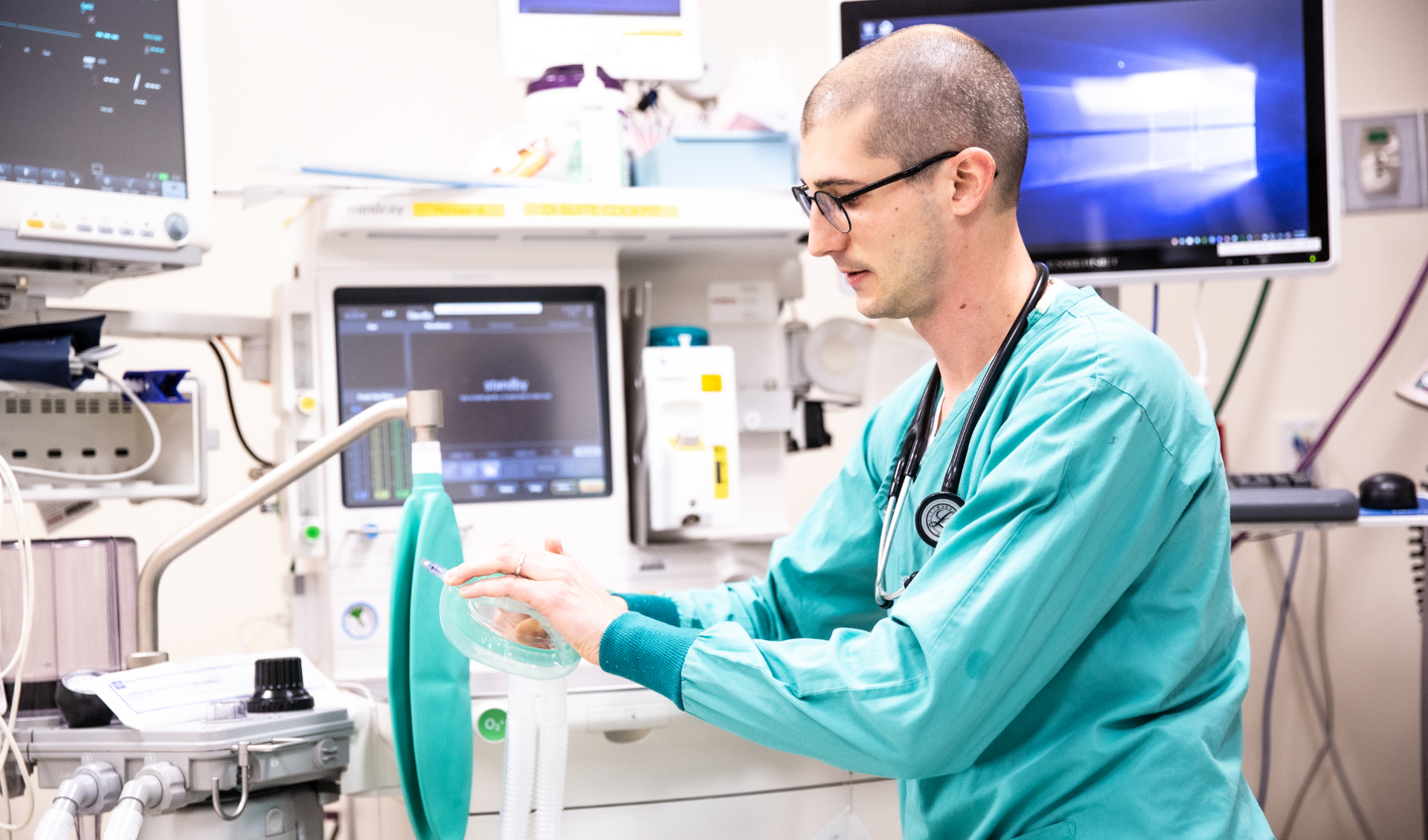
REGIONAL ANESTHESIA
This type of anesthesia, including spinal blocks and epidurals, often is used to numb part of the body such as during childbirth and for surgeries of the arm, leg or abdomen.
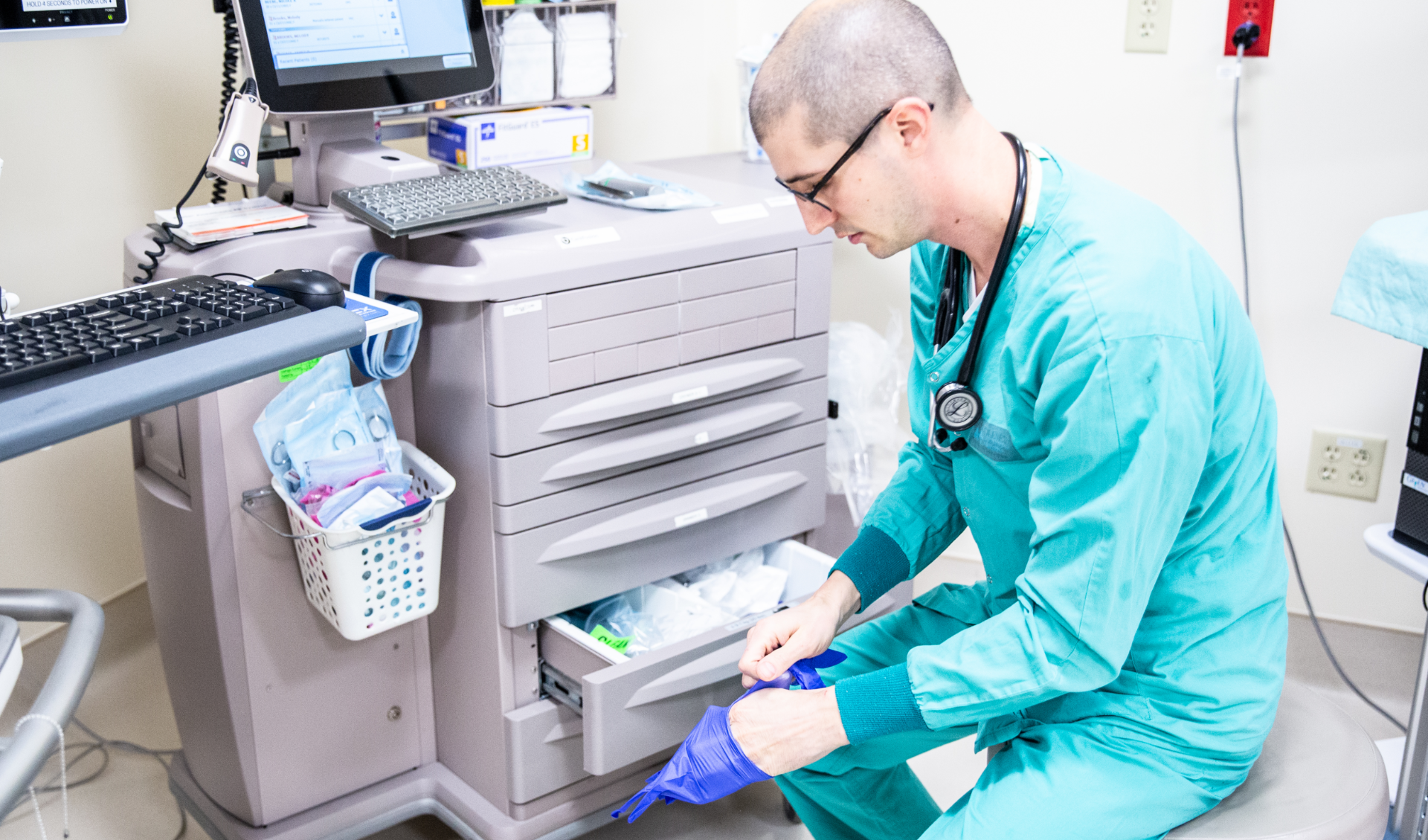
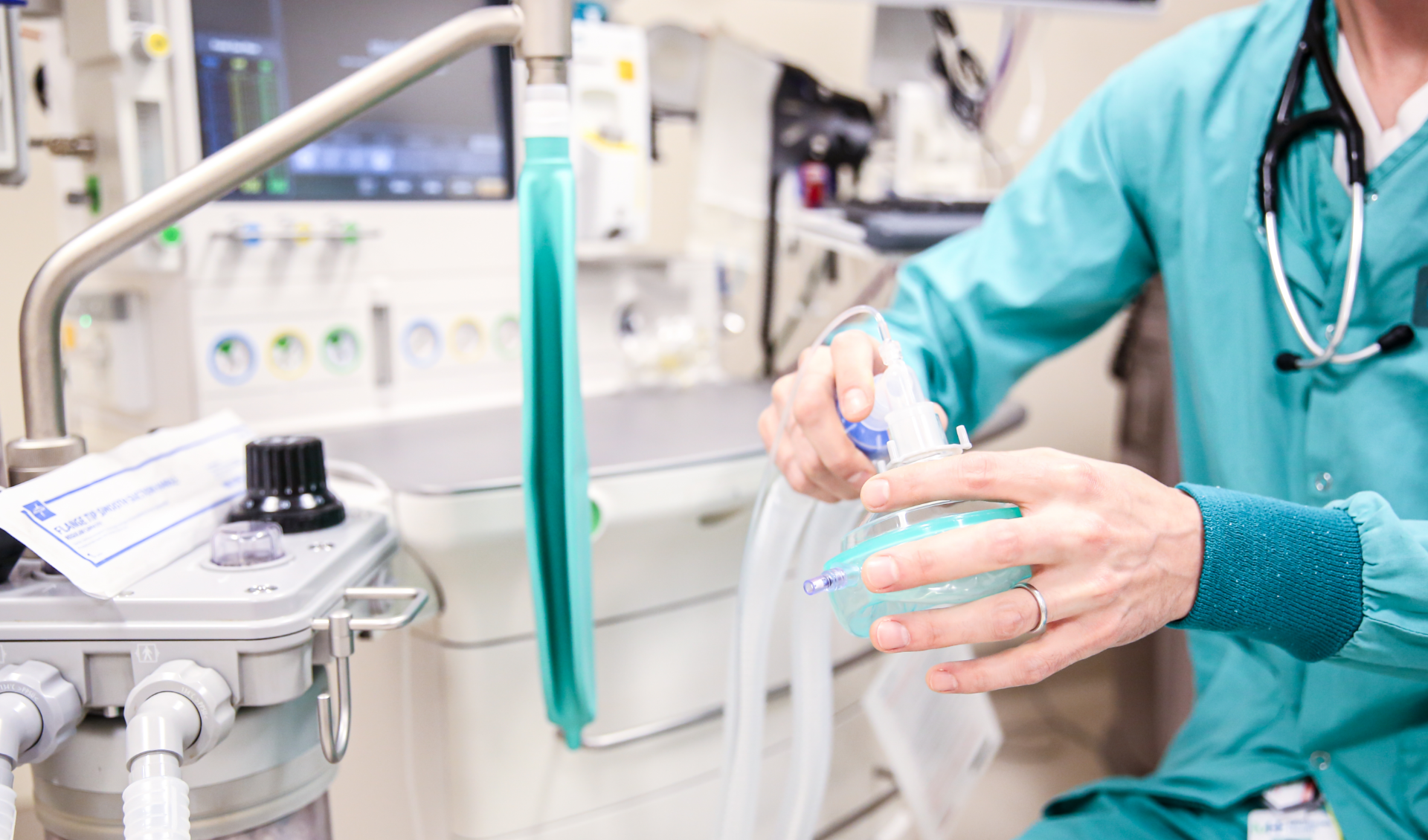
GENERAL ANESTHESIA
This type of anesthesia is provided through an anesthesia mask or IV and makes you lose consciousness. It is used for more invasive procedures such as those surgeries involving the abdomen or chest.
CARING AND EXPERIENCED TEAM
I couldn’t have asked for a better experience or for a more caring team- thank you! –D.P.
THE PATIENT EXPERIENCE
If you have an upcoming surgery, you’ll likely want to plan ahead to help ensure you have a successful procedure and a quick, smooth recovery. Taking part in a healthy amount of exercise, eating a balanced diet and getting rest prior to your surgery are just some of the things you can do to help ensure a speedy recovery. Also, you will receive a phone call from a preoperative nurse who will give you instructions on medications as well as when to stop eating and drinking before your procedure.
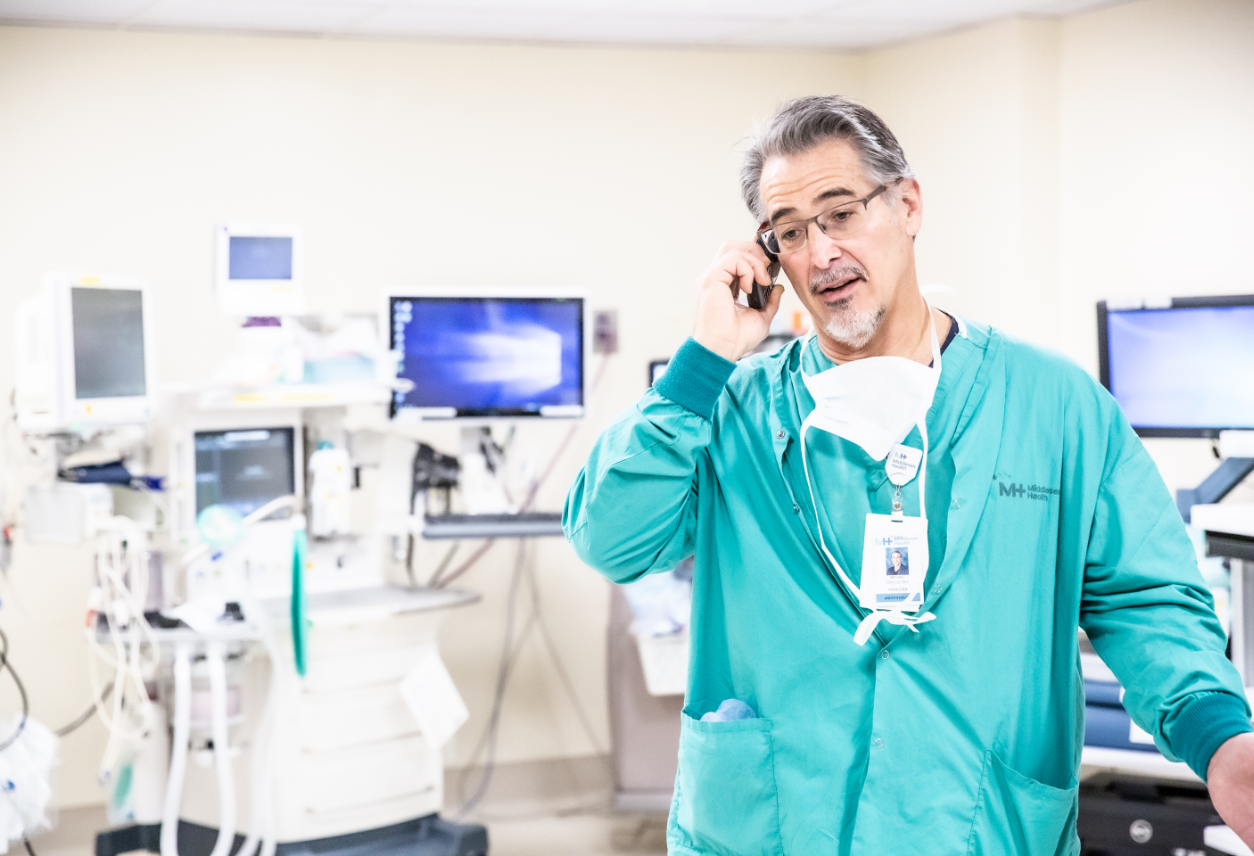
Before
If you have an upcoming surgery, you’ll likely want to plan ahead to help ensure you have a successful procedure and a quick, smooth recovery. Taking part in a healthy amount of exercise, eating a balanced diet and getting rest prior to your surgery are just some of the things you can do to help ensure a speedy recovery. Also, you will receive a phone call from a preoperative nurse who will give you instructions on medications as well as when to stop eating and drinking before your procedure.
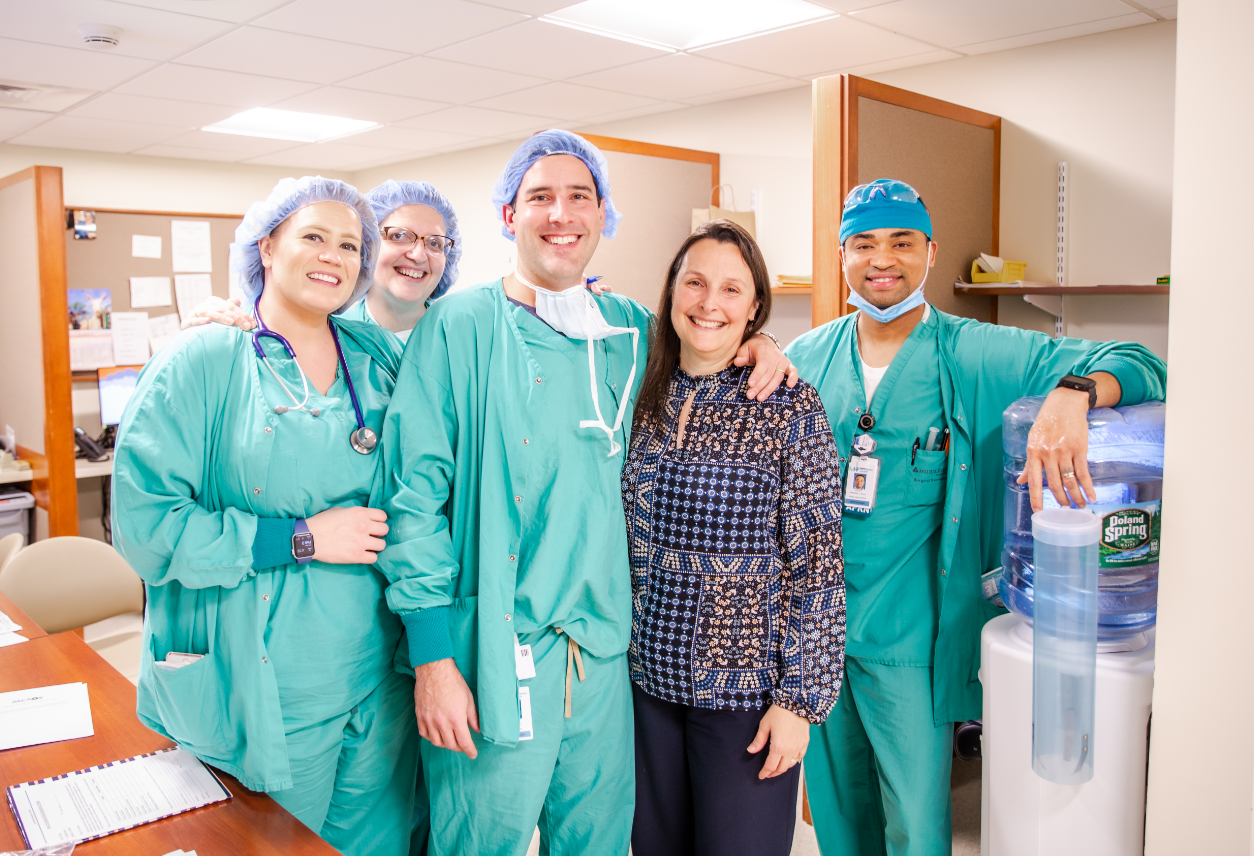
During
On the day of your surgery you will meet the anesthesia team, composed of either an anesthesiologist alone or an anesthesiologist working with a CRNA, (Certified Registered Nurse Anesthetist).
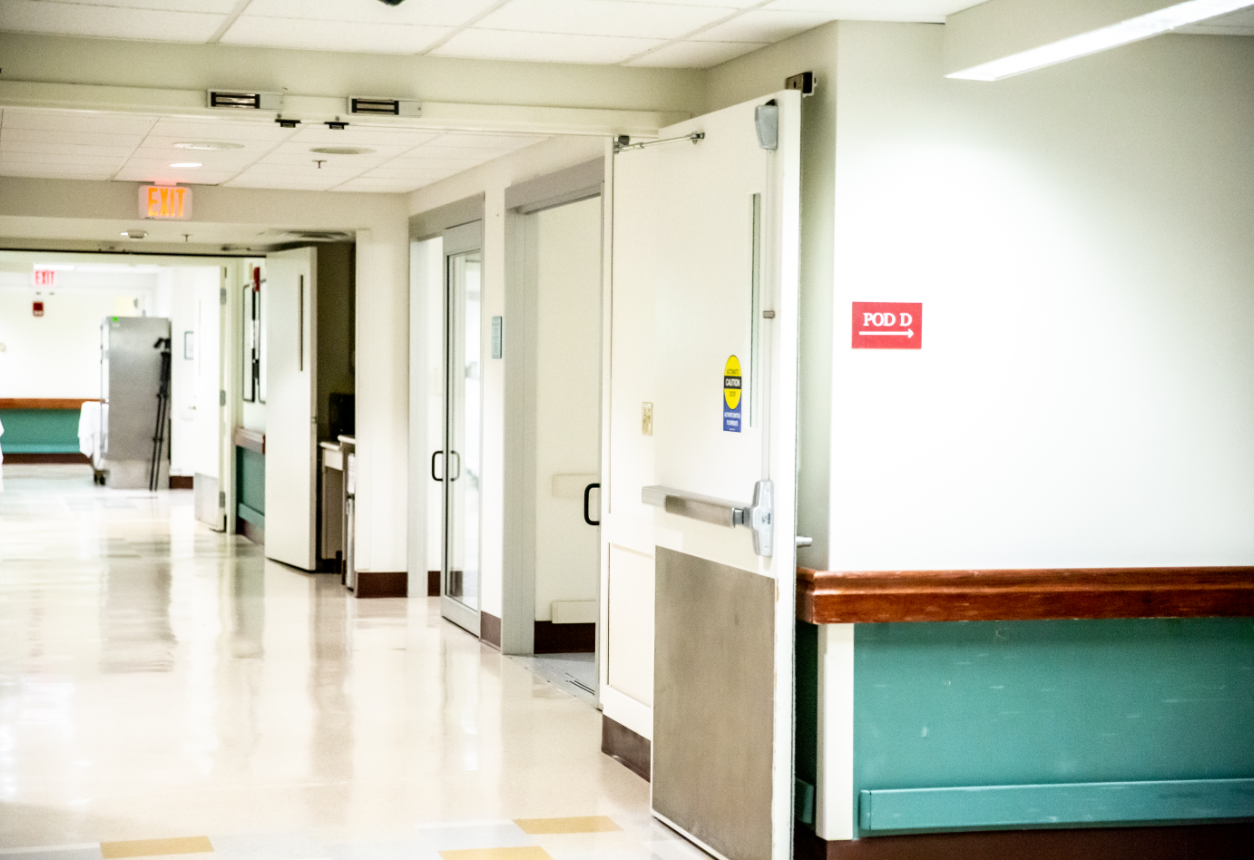
After
Most people do not remember waking up from anesthesia, but may be talking when they arrive in the recovery room.

